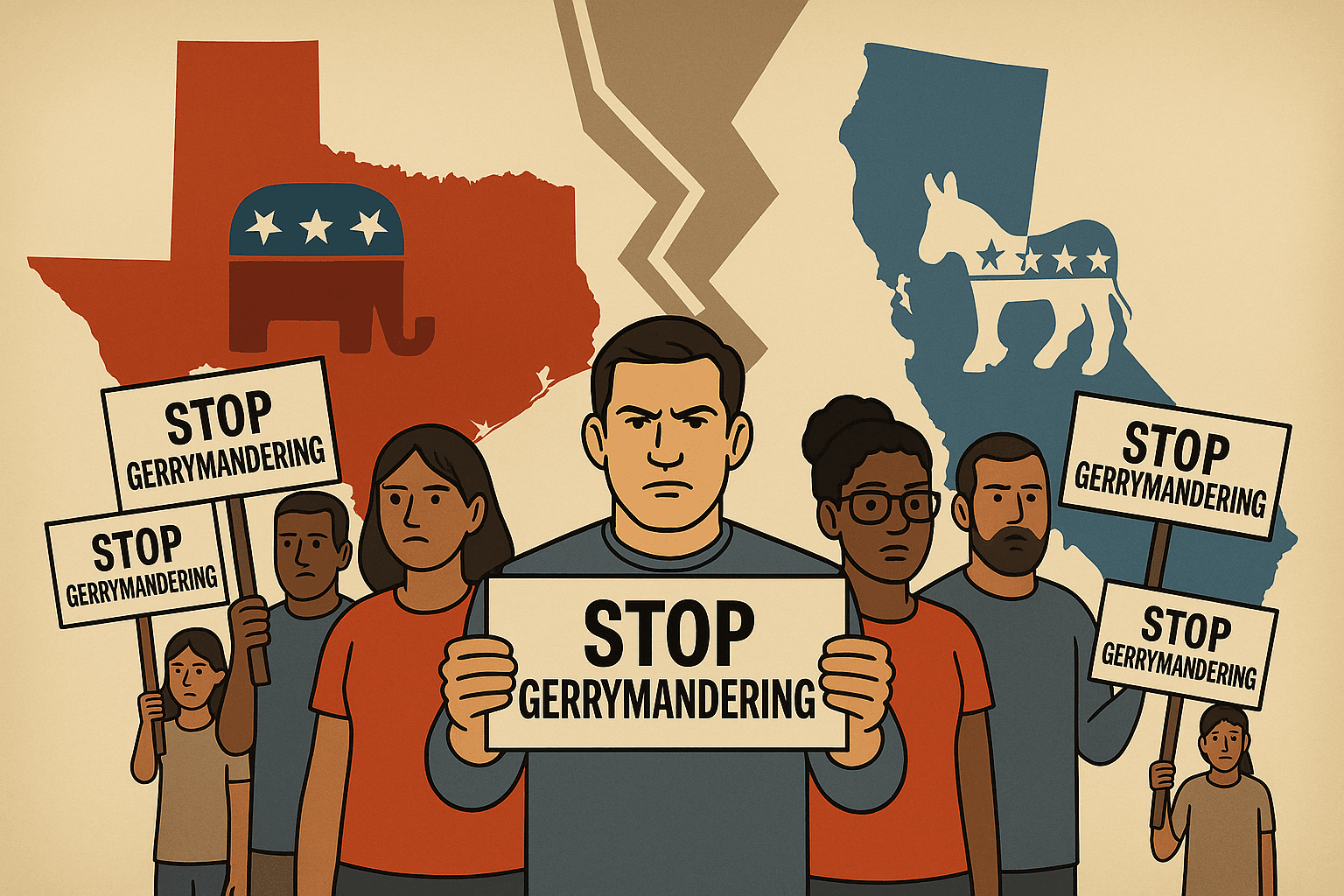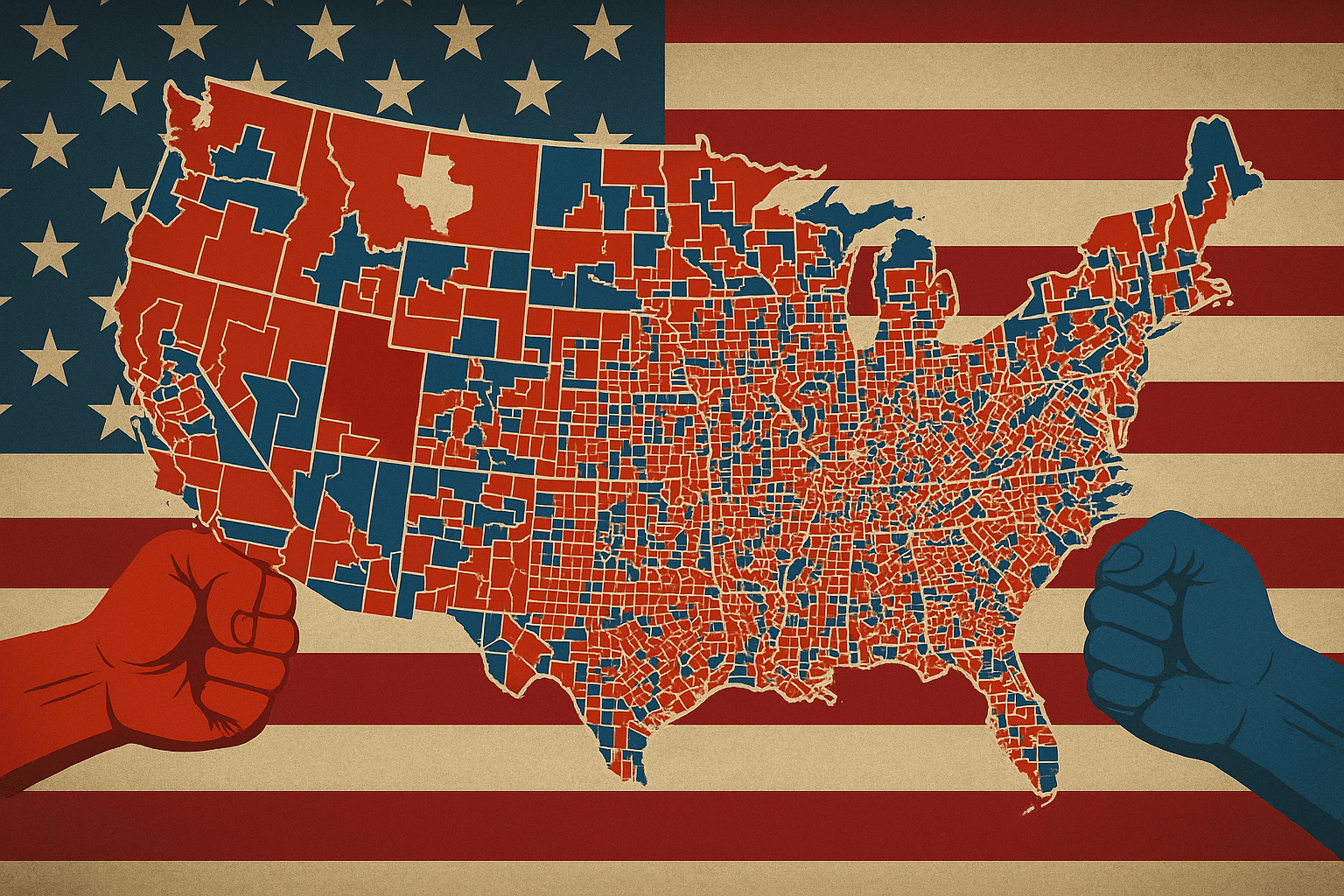Next Calif. Secretary of State to Play Major Role in Future of Voting

The scandal that erupted after California state Senator Leland Yee was indicted on multiple charges of corruption and conspiracy turned the national spotlight on the race for secretary of state in California -- a race Yee is a candidate in. In the irony that is only suited for American politics, Californians had an opportunity to read Yee's pledge to fight corruption in the voter information guide delivered in the mail this week to over 10.6 million voters.
The secretary of state is charged with overseeing voter registration, elections, campaign finance reporting, business licenses, and the California State Archives. It is an office many voters may not have considered thoroughly before the Yee scandal. However, considering everything the secretary of state is responsible for, along with Yee's recent run in with the law, Californians may reconsider how they look at the elected position and who is running for it.
Alex Padilla (D), Derek Cressman (D), Jeff Drobman (D), Pete Peterson (R), Roy Allmond (R), David Curtis (Green), Dan Schnur (No Party Preference), and even Leland Yee will be on the ballot (although he is not an active candidate) for the primary election on June 3.
Going into the Sacramento Press Club debate, Padilla and Peterson were the top two candidates in statewide polls, while Curtis polled third. However, while Curtis polled ahead of Cressman and Schnur, he was the only candidate not invited to the debate.
Curtis claims that the Press Club failed to provide any objective criteria that would justify excluding him in the debate.California's nonpartisan top-two primary is designed to give voters the opportunity to decide who advances to the general election regardless of the party affiliation of the candidate or the voter. The Independent Voter Project (IVP), author of the new system, called on candidates to reject participation in the forum:
"This decision reflects both an ongoing bias in the media against third party candidates, a fundamental lack of understanding of California’s nonpartisan primary system, and a level of hubris generally reserved for politicians."
Ironically, Curtis is a staunch opponent of the new nonpartisan primary system.
The Sacramento Press Club's issues with Curtis -- saying that he was "rude" -- should not give it the right to bar him from the debate. Regardless of its mishaps, the Press Club should have accepted its role as a medium to educate voters by allowing all viable candidates the opportunity to debate. "If so, it is for voters to pass judgement, not the Press Club. We speak from experience when we say every candidate has a right to make an ass of themselves, and the voters have a right to see it," said IVP.
Fundraising Bans
In the debate, the candidates agreed that fundraising during legislative sessions raises concern over the relationship between government action and political gifts, but differed in their approach to the issue.
Padilla proposes a three-month blackout at the end of each legislative session to create “a separation between the legislative activity and the political activity.” Schnur believes a three-month ban is insufficient, and voiced his support for a ban during the entire legislative session.
Peterson and Cressman were skeptical that these reforms would have any real effect. Peterson referenced Leeland Yee's fundraising abilities as evidence.
“To think that legislators can’t raise money outside of a fundraising ban is just baloney,” he said.
Cressman agreed, mentioning that “we have to get big money out of politics if we want to make a difference.” He alluded to the 2010 Citizens United Supreme Court case which he criticized heavily throughout the debate.
A Nonpartisan Position?
A common question surrounding California's secretary of state is whether the office should be a nonpartisan position given its role in elections and campaign regulations. In fact, Assemblyman Jeff Gorell (R-Camarillo) introduced a bill earlier this year that would do just that.
“I don’t think that a nonpartisan label necessarily makes you a nonpartisan servant in that office,” Peterson said in an interview for IVN.He believes voters should focus on the candidates' records. He referenced his work in the Davenport Institute at Pepperdine University which he claims has been much more "about getting people involved in the political process without any left-wing or right-wing political outcome."
However, Dan Schnur acknowledges the conflict of interest that comes into play while partisan secretary of state candidates fundraise and campaign for an office that ensures election laws and campaign disclosure requirements are enforced.
Schnur distanced himself from his Republican roots due to his concerns about campaign fundraising, saying that "passing significant political or fundraising reforms from inside either of the major two parties was virtually impossible."
He mentioned that he hasn't worked on a partisan campaign for more than a decade, and now works "as an educator where I consciously set aside any involvement as a partisan advocate in order to work as an analyst and reformer."
At the debate, candidates were asked if they would consider implementing online voting in California. Alex Padilla supported the idea of integrating new technology, but he does not support online voting.
“The Internet is just not built that way,” he said, citing cyber security and privacy issues as his primary concerns.
The other candidates followed suit, but they also voiced their support for upgrading California’s out-dated voting services, such as improving online voter registration and online look-up tools.
In an interview for IVN, David Curtis was asked about e-voting, to which he responded:
"I would like to see multiple modes of voting including some e-version, if the technology hurdles can be resolved. Greens already use online voting for their standing general assembly votes. There is risk in all forms of voting, even with paper ballots."
Jeff Drobman, a lesser known candidate and software engineer, wants "secure online Internet voting, vote anywhere, anytime, on any device," according to his website.
During his interview, Schnur said he was "intrigued" about the possibility of integrating open-source voting technology.
"I think there’s great opportunity in that area, but all security concerns should be taken into account," he added.
Open-source technology would allow the registrar's office to use computers or tablets to run the open-source voting software instead of using the expensive, outdated proprietary voting software. Online voting could eventually branch out from open-source, but it's not an intrinsic component to it.
Ms. Kammi Foote, president of the California Association of Voting Officials (CAVO), previously mentioned that all registrars across the country will soon be upgrading their voting systems -- shedding some light as to how pivotal the secretary of state will be in shaping the future of voting in California.
To learn more about the secretary of state candidates, be sure to tune into the next debate on Tuesday, May 6, 2014, in San Diego.
Photo Credit: AP Photo / Rich Pedroncelli





